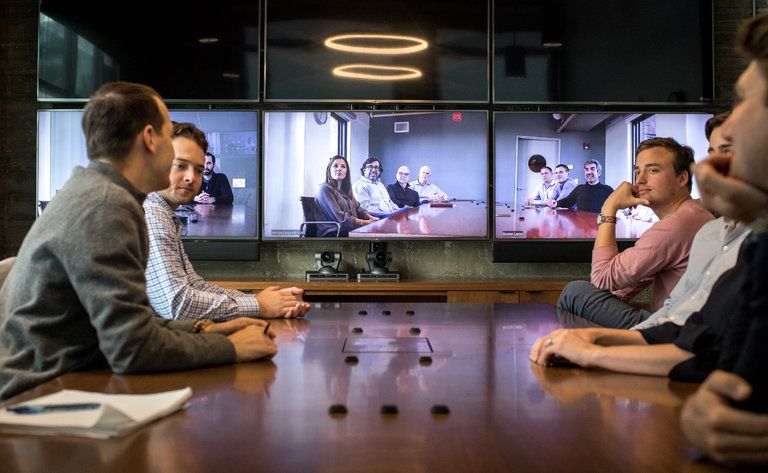In 5 years if you’re looking at QC in your future state roadmap; then welcome to the dinosaur age of technology.
BEIJING: China today launched a 712-km quantum communication line, stated to be the worlds longest secure telecommunications network, which boasts of ultra-high security making it impossible to wiretap, intercept or crack the information transmitted through them.
The new quantum communication line links Hefei, capital of Anhui province, to Shanghai, the countrys financial hub.
It is part of a 2,000-km quantum communication line connecting Beijing and Shanghai, according to Chen Yuao, professor at the University of Science and Technology of China (USTC) in Hefei and chief engineer of the Beijing-Shanghai quantum communication line.







